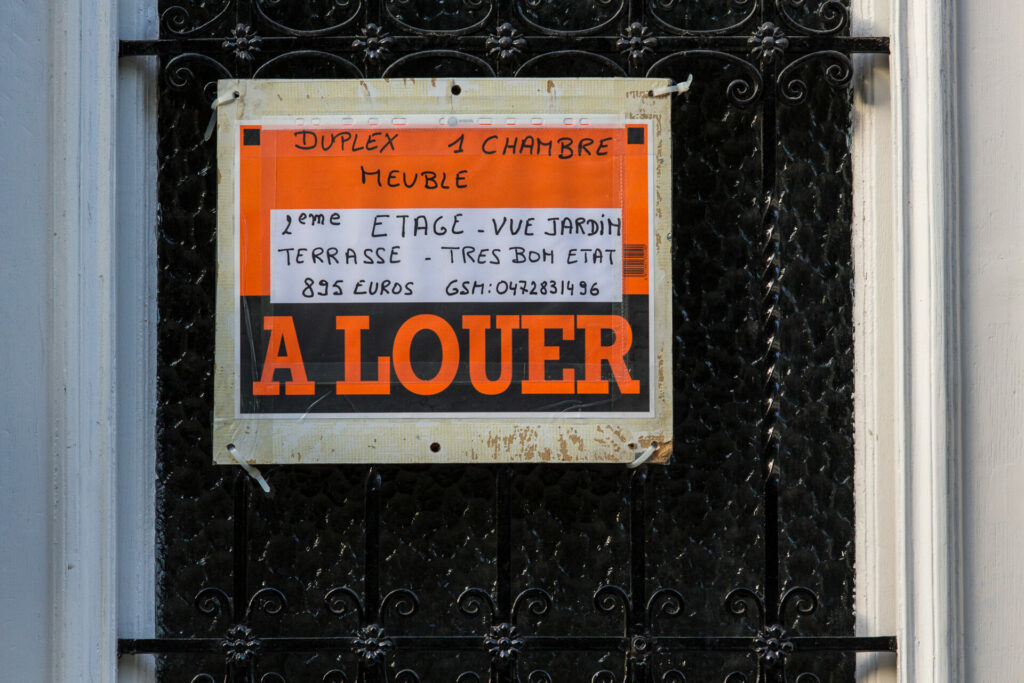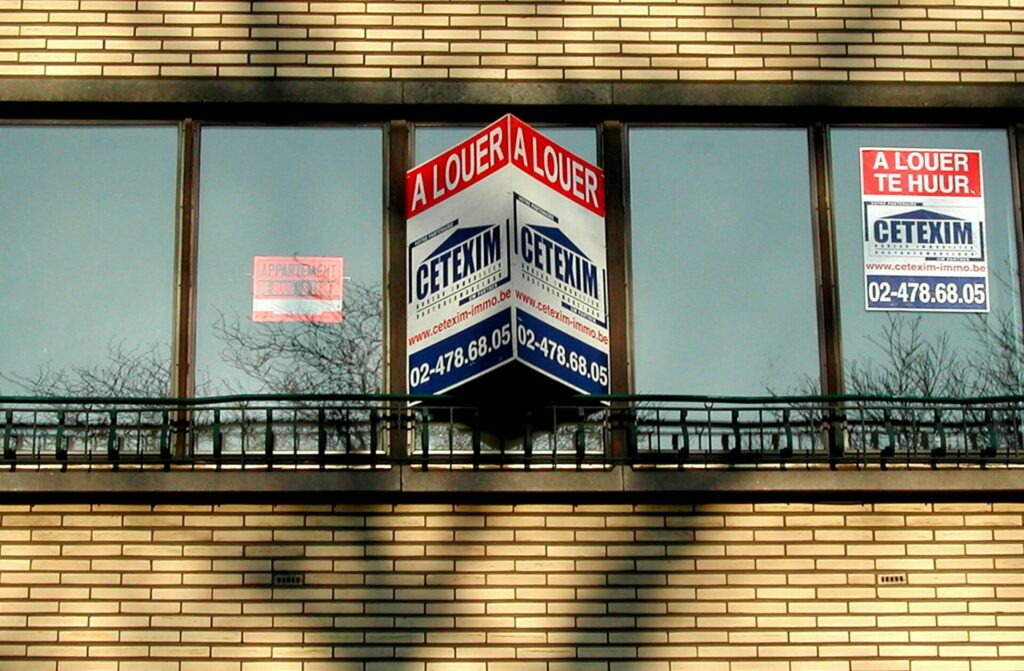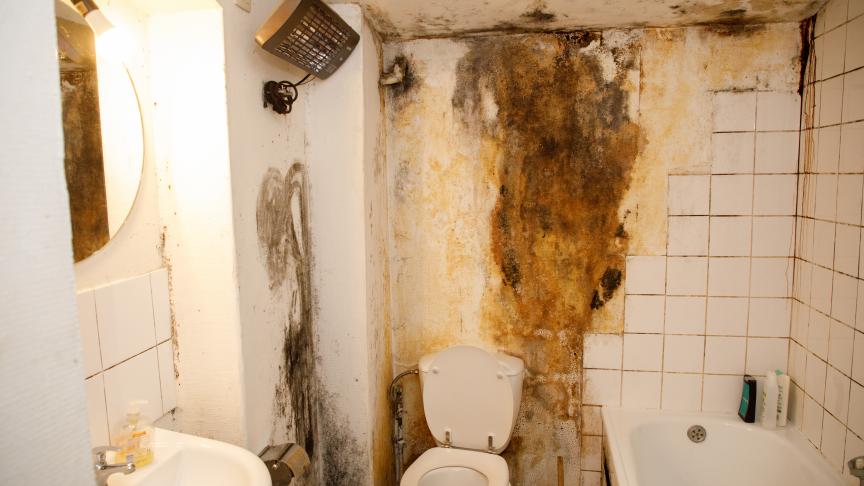The Brussels Parliament approved its "lease ordinance" last week, meaning that the Brussels Housing Code will soon be updated. This will bring a number of important changes for both tenants and landlords.
Brussels State Secretary for Housing and Equal Opportunities Nawal Ben Hamou (PS) started work on the reform in 2021, in collaboration with Saint-Louis University and stakeholders in the Brussels housing sector. The reform aims to guarantee decent and affordable housing by ensuring greater security for tenants and fighting illegal evictions.
"These changes will strengthen access to and retention of decent housing for tenants, at an affordable rent," Ben Hamou wrote on social media. "Many tenants are denied their rights even if they are already enshrined in law. Additionally, this will clear up many grey areas which give rise to problematic situations."
From regulating rent increases, deciding if tenants can have pets, and setting a framework for deposits and protection against evictions, here are the main changes.
1. Guidelines for rent increases
Regardless of which party breaks the renting contract, landlords cannot increase the rent (beyond indexation) between two short-term leases. This means that new tenants will be told exactly what the previous tenant's rental contract was, as well as how much rent they were paying.
This measure prevents landlords from only opting for short-term rental contracts so that they can increase the rent contracts. The changes effectively fix the rent for a period of nine years.
Belgium has previously followed the so-called "3-6-9" rule, which means that leases could only be terminated after three, six or nine years (unless otherwise specified in the contract). While the rules have subsequently changed, it is not unusual for landlords and tenants to still talk about 3-6-9 leases.

Credit: Belga/Siska Gremmelprez
A "long-term" lease of nine years will now become the norm and contracts will by default apply nine-year term unless the signatories have agreed on a different period in the lease agreement. Contracts that do not state the length of the lease are deemed to be nine-year agreements.
The other option is a "short-term" lease for a period of six months to three years. In Brussels, this lease could previously be extended several times – in writing and on the same terms – as long as the total agreement did not exceed three years. Hereon, short-term contracts of less than three years can only be renewed once. Thereafter they will become long-term contracts (nine years).
The new rules also control rent increases that follow work to improve energy performance: any increase must be proportionate to the work carried out, the costs borne by the landlord, and the energy savings from which the tenant will benefit thanks to the renovations.
2. A framework for deposits
The deposit that tenants pay before they start renting is now regulated, meaning landlords can no longer ask for more than the equivalent of two months' rent. Cash payments are no longer permitted, nor are personal deposits in addition to the rental guarantee – except in the case of a student lease.
Unless there are exceptions (particularly in co-ownership), the landlord must return the deposit no more than two months after the tenant returns the keys. Failure to respect this deadline will incur a penalty of 10% of the monthly rent for each month overdue.

Credit: Belga / Bertrand Vandeloise.
3. (Most) pets allowed
While tenants have previously struggled to get landlords to accept pets, the reform is considerably more animal-friendly. Clauses that forbid tenants to keep animals cannot be written into contracts.
But this doesn't mean that all pets will be allowed by default. Landlords can still impose conditions, for example stipulating that animals don't cause a nuisance (noise, aggressiveness,...).
Depending on the surface area or structure of the rented property, landlords may also limit the number of animals allowed or refuse certain species which would not be appropriate (for example goats in accommodation without a garden).
4. Insurance obligation
Unless a different agreement is concluded between the tenant and the landlord, tenants must now take out fire and water damage insurance before occupying the accommodation.
This obligation already existed in Flanders and Wallonia but had not yet been applied to the Brussels-Capital Region.
5. Stricter measures against unsanitary conditions
As a large number of people in Brussels are still poorly housed, the reform will make it illegal to offer for rent unsanitary properties that have been issued a formal notice to carry out work from the management of the Regional Housing Inspectorate.

Credit: Belga
The Inspectorate has now been authorised to issue these formal notices for properties after the lease has ended (it could previously only do so for occupied properties).
If a municipality rehouses a tenant due to unsanitary conditions, the landlord may also be ordered to reimburse the rehousing costs. In addition, owners will be given the possibility to have a certificate of conformity drawn up for their property before it is rented.
6. Protection against illegal eviction
One in five evictions in Brussels are said to be illegal. Under the new ordinance, landlords who do not respect eviction rules face heavy sanctions, including compensation paid to the tenant (up to 18 months' rent).
If a landlord sells a leased property, the new buyer must take over the lease contract and will not be able to evict the tenant (even if the lease provides for it). They must also give six months' notice before carrying out work or occupying the property. A similar measure is already in force in Flanders.

